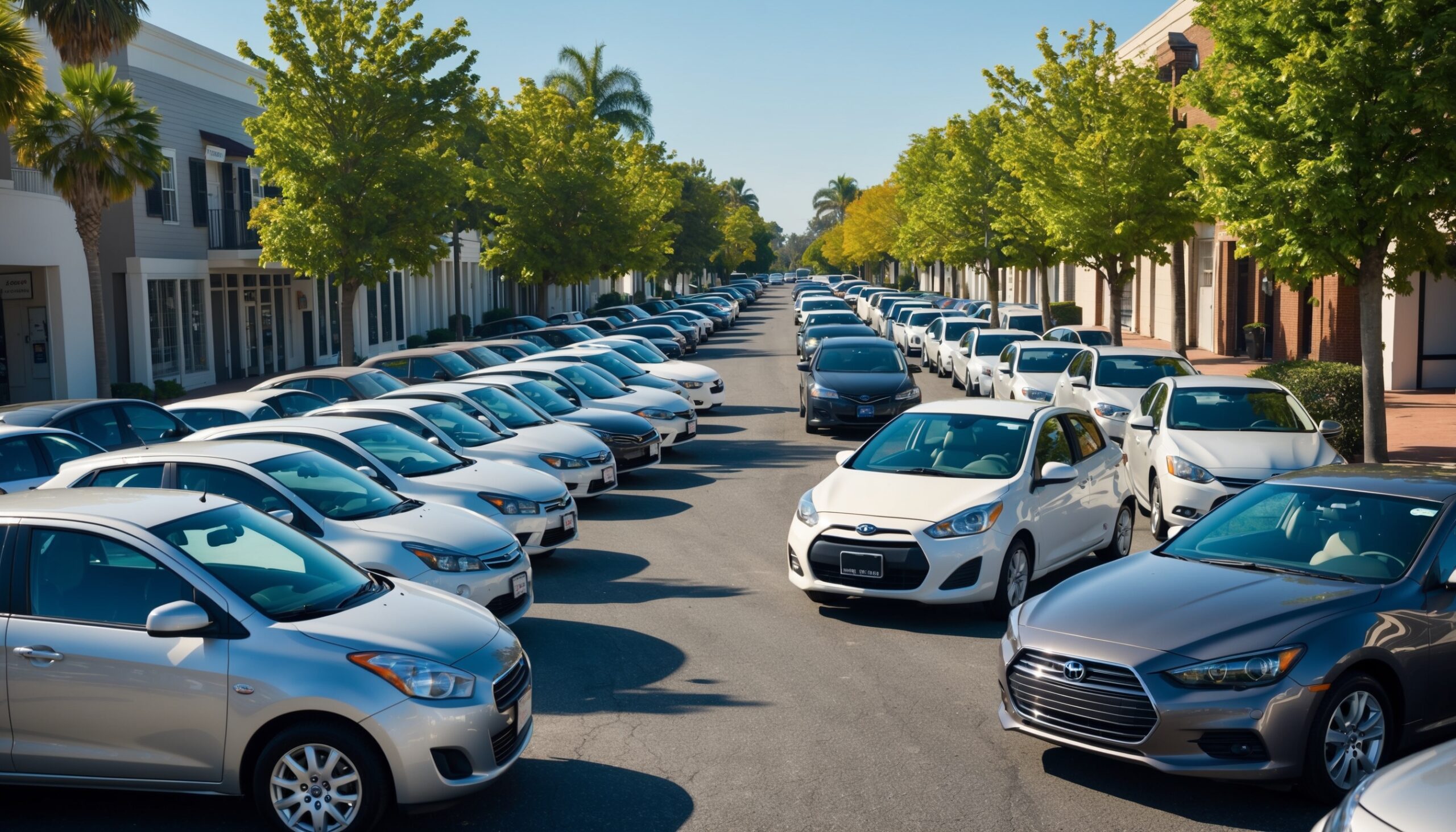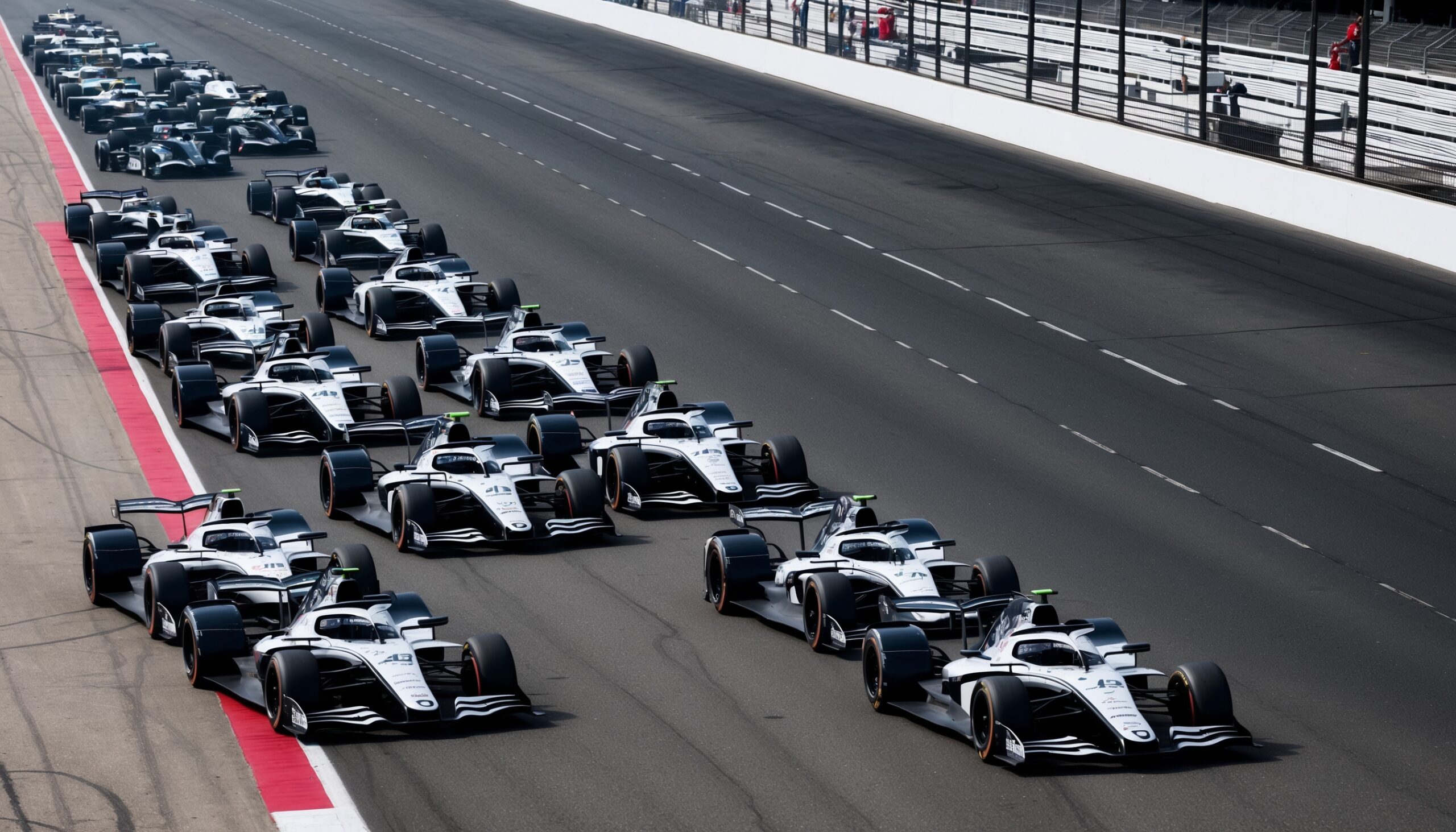White House Apologises for ICE Raids at Factory, Says Hyundai CEO
In a surprising turn of events in the automotive world, the White House recently issued an apology regarding the controversial ICE raids that occurred at a Hyundai factory. This incident has sparked significant discussions among car enthusiasts, industry leaders, and policymakers alike. As the automotive landscape continues to evolve, it’s crucial to understand the implications of such actions and their broader context within the industry.
The Background of the Incident
The raids, conducted by U.S. Immigration and Customs Enforcement (ICE), took place at a Hyundai manufacturing facility located in the heart of the Midwest. Reports surfaced that dozens of employees were detained, prompting an outcry from labor rights advocates and the wider community. Hyundai, a major player in the automotive sector, found itself in a precarious position, navigating the fallout from this incident while ensuring the continuity of its operations.
Hyundai’s CEO addressed the media shortly after the raids, expressing deep concern over the situation. “We are committed to our workforce and the communities we serve,” he stated. “The actions taken by ICE have not only disrupted our operations but also impacted the lives of our employees and their families.” This sentiment resonated with many, as the automotive industry is significantly reliant on a diverse workforce that includes individuals from various backgrounds.
The White House Response
The Biden administration has been vocal about its stance on immigration policy and labor rights. Following the incident, a spokesperson from the White House issued a formal apology, highlighting the need for a more compassionate approach to immigration enforcement. “We recognize the fear and uncertainty this has caused within the community, and we are committed to ensuring that our policies reflect our values as a nation,” the spokesperson affirmed.
This apology marks a significant shift in the administration’s approach to labor and immigration issues, particularly in industries like automotive manufacturing, where a substantial portion of the workforce comprises immigrants. The White House’s acknowledgment of the situation has been praised by many who advocate for workers’ rights, but it has also raised questions about the future of such enforcement actions in the industry.
The Impact on Hyundai and the Automotive Industry
The immediate aftermath of the raids saw production lines affected, leading to delays in vehicle assembly and deliveries. Hyundai’s CEO mentioned in a press conference, “While we are working to resume normal operations, we are also assessing the long-term impacts on our workforce and the community.” These sentiments underline the broader repercussions that such actions can have on the automotive sector, which is already facing challenges from supply chain disruptions and evolving consumer preferences.
Aside from operational challenges, there are implications for the brand’s reputation. Hyundai has long positioned itself as a socially responsible company, and incidents like this can tarnish that image. Enthusiasts and consumers are increasingly looking to support brands that align with their values, making it essential for companies to respond thoughtfully to such crises.
Also Read: 2026 Jeep Recon detailed: You can take the doors off this trail-ready EV
Community Reactions
The community surrounding the Hyundai factory has been vocal in its response to the raids. Local leaders, labor unions, and advocacy groups have rallied together, calling for a comprehensive review of immigration enforcement practices and urging the government to prioritize worker rights. “We are not just talking about numbers and statistics; these are real people with families and dreams,” one community leader expressed passionately.
The solidarity shown by the community emphasizes the importance of public support in addressing issues affecting workers. Many enthusiasts and supporters of the automotive industry are now reconsidering their purchasing decisions based on how companies respond to such situations. This shift in consumer behavior could lead to significant changes in how automotive manufacturers engage with their workforce and the communities around them.
Broader Implications for Automotive Policy
This incident and the subsequent apology from the White House could signal a turning point in automotive policy, particularly regarding labor relations and immigration enforcement. With the industry undergoing rapid transformations—such as the shift toward electric vehicles and sustainability—these developments prompt a reevaluation of how manufacturers interact with their workforce.
- Labor Relations: Manufacturers may need to prioritize better labor relations, ensuring that workers feel safe and valued in their roles.
- Immigration Policies: A more humane approach to immigration could foster a more stable workforce, essential for maintaining production levels.
- Community Engagement: Automotive companies might increasingly engage with local communities to build trust and rapport, understanding that their operations impact many lives.
The Role of Automotive Enthusiasts
As car enthusiasts, our community plays a crucial role in shaping the future of the automotive industry. We have the power to influence brand reputation through our choices, discussions, and support for companies that align with our values. Engaging in conversations about the ethical implications of automotive practices can help drive change within the industry.
Moreover, enthusiasts can advocate for transparency and accountability, urging manufacturers to prioritize not just profits but also the welfare of their employees and communities. This proactive approach can foster a more positive environment within the automotive sector, paving the way for innovation that aligns with social responsibility.
The Future of Hyundai and the Automotive Industry
As Hyundai navigates the repercussions of the ICE raids, the company is likely to implement changes aimed at enhancing employee relations and community involvement. This could involve investing in initiatives that support workers’ rights and advocate for fair treatment, ensuring that their workforce feels secure in their positions.
Furthermore, as the automotive industry continues to evolve with the rise of electric vehicles and advanced technologies, companies must also consider the social implications of their operations. Embracing sustainable practices and fostering a diverse workforce will be essential for long-term success in an increasingly competitive landscape.
Moving Forward
The apology from the White House and the response from Hyundai serve as a reminder of the interconnectedness of labor, immigration, and the automotive industry. As we move forward, it’s essential for all stakeholders—manufacturers, policymakers, and consumers—to engage in meaningful discussions about the future of work in the automotive sector.
For car enthusiasts, this is an opportunity to reflect on the values we support and how they align with our passion for automobiles. The automotive industry is not just about machines and technology; it’s also about the people who build and drive them. By advocating for fair practices and supporting companies that prioritize their workforce, we can contribute to a more ethical and sustainable automotive future.
Final Thoughts
The incident at the Hyundai factory has opened up a dialogue that transcends the automotive world. It touches on fundamental issues of rights, dignity, and community that resonate with many. As we continue to follow the developments in this story, it’s vital for us as enthusiasts and consumers to stay informed and engaged. After all, the cars we love are built by people, and how we treat those people matters immensely.
Also Read: Why Did So Many Cars Switch From Manual To Electronic Parking Brakes?
At Torque Feed, we believe in the power of community and shared values in the automotive industry. Let’s continue to support those who build our vehicles and advocate for a future that prioritizes both innovation and humanity in equal measure.












